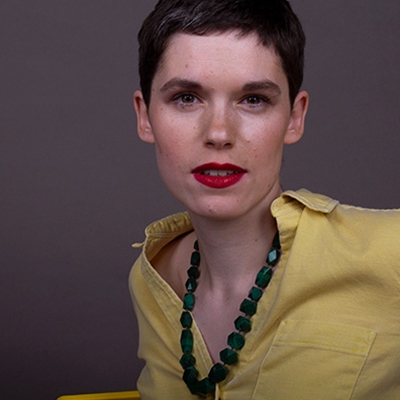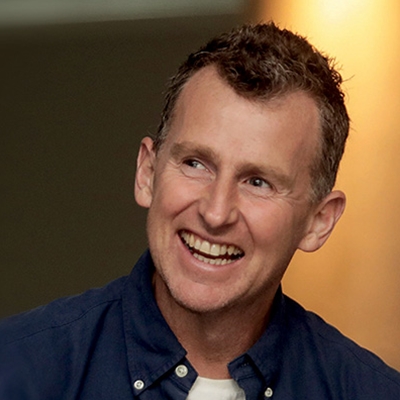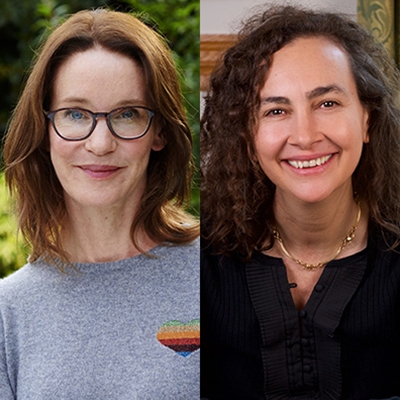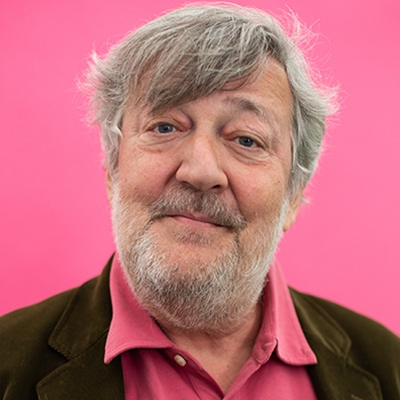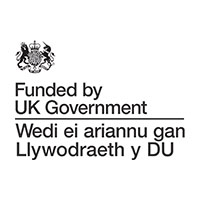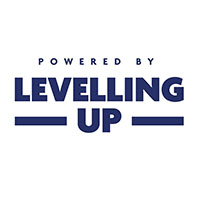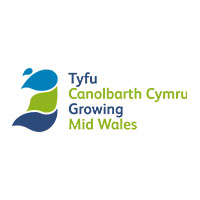Winter Weekend 2019
Event 30
Laura Bates, Will Gompertz and David Olusoga talk to Afua Hirsch
Hay Festival Thinkers in Residence – A Future Not Yet Imagined
Llwyfan Cymru – Wales Stage (Hay Castle)
A trio of this year’s Hay Festival Thinkers in Residence – Laura Bates, Will Gompertz and David Olusoga – take stock of the biggest issues facing society today, following on from the expert insights shared at this summer’s Hay Festival.
The three discuss everything from what a new system for an integrated and respectful society would look like to how we go about rewriting history, and how we access, look at and assess modern art.
Bates is founder of the Everyday Sexism Project, a collection of experiences of harassment, discrimination and abuse. Her books include Men Who Hate Women and Fix the System, Not the Women.
Gompertz is the former artistic director at the Barbican and former BBC Arts editor and director of the Tate Galleries. He is the author of What are you Looking At? 50 Years of Modern Art in the Blink of an Eye.
Olusoga is professor of public history at Manchester University, a BAFTA award-winning documentary maker, broadcaster and writer, and the author of the award-winning Black and British.
They talk to broadcaster, writer and journalist Afua Hirsch.
Event C11
Writing Workshop with Kim Sherwood
Hay Castle - Clore Learning Space
Join writer Kim Sherwood, the first woman to write an official James Bond book, to explore how crime fiction comes together from a writer’s perspective.
Sherwood will lead a discussion and practical exercises on creating compelling characters, structuring story and developing setting.
This workshop, for adults only, will offer a look at the crime genre with guidance on how to make it your own.
Sherwood’s Double or Nothing is the first novel in a new series of books set in the universe of Ian Fleming’s James Bond. Her first novel Testament won the Bath Novel Award and Harper’s Bazaar Big Book Award. In 2019, she was shortlisted for The Sunday Times Young Writer of the Year Award.
Sherwood is the creative writing lecturer at the University of Edinburgh.
Event C12
Rocket Creation Workshop
Hay Castle - Coach House
Join us to create your own intergalactic rocket or space shuttle using recycled materials.
The workshop will be in the Coach House at Hay Castle, so we suggest you dress warmly and ready to get a little bit messy.
Event 32
James O’Brien talks to Laura Bates
How They Broke Britain
Llwyfan Cymru – Wales Stage (Hay Castle)
James O’Brien has been speaking boldly, honestly and incisively about the state of Britain – from our troubled political systems to the country’s growing social divisions – in his work as a radio presenter and author.
Join him as he speaks to Laura Bates about his new book How They Broke Britain, a look at a shady network of influence that has made the UK a country of strikes, shortages, and scandals. From think tanks to politicians and businessmen, O’Brien reveals how a select few have conspired – either by incompetence or by design – to bring Britain to its knees.
O'Brien is an award-winning writer and broadcaster whose daily current affairs programme is the most popular show on LBC. His first book, How To Be Right, won the Parliamentary Book Award for Best Political Book by a nonpolitician.
Bates is a writer and activist and founder of the Everyday Sexism Project. She is one of the Hay Festival Thinkers in Residence.
Event 33
Nigel Owens talks to Paul Abbandonato
The Final Whistle
Llwyfan Cymru – Wales Stage (Hay Castle)
Join Welsh legend and Rugby World Cup Final referee Nigel Owens as he shares the story of his phenomenal career. He offers behind-the-scenes insights into a sport that captivates millions. Owens has officially hung up his whistle, but not before winning a world-record 100 caps and reaching the pinnacle of the refereeing world.
The sport’s first openly gay personality, Owens opens up about his experience coming out in the macho world of rugby union and overcoming homophobia to become one of the best-loved figures in rugby.
Owens speaks about his memoir The Final Whistle with multi-award winning sport journalist Paul Abbandonato, head of sport for Wales Online and the mainstream Welsh newspapers.
Sponsored by FW Golesworthy & Sons
Event 34
Planet Assembly
Winter Weekend Workshop
Richard Booth’s Bookshop Yoga Studio
Hay Festival’s Planet Assembly workshops, held every day during this year’s summer festival, brought together bold ideas around how to accelerate change needed to tackle our acute climate and biodiversity emergencies.
Laypeople, scientists, commentators, and experts put forward fresh thinking on facing climate change and its effects, and on how to look after our planet better.
At the Winter Weekend Workshop, we want to focus on what these big ideas mean for our own town of Hay-on-Wye, learning from others, sharing what is already happening and discussing what still needs to be done.
The Planet Assembly workshop is the next step in tackling the climate emergency, and is a chance to reconvene, discuss progress and re-energise.
In Partnership With Hive Energy
Event 35
Susie Dent and Sarah Ogilvie talk to Stephen Fry
Shot-clogs, Bumbershoots and Cacklefarts
Llwyfan Cymru – Wales Stage (Hay Castle)
Feel astounded, amazed, delighted and jubilant with Susie Dent and Sarah Ogilvie, as they discuss long-forgotten words, the history of the dictionary, and the joy of language with Stephen Fry.
Bestselling author, broadcaster and word expert Susie Dent’s latest book Roots of Happiness sees Dent gathering together happy and uplifting words and phrases that have been long forgotten or only just been discovered, from mubble fubbles (a slightly sad mood) to gigglemug.
In her new book, The Dictionary People, lexicographer Sarah Ogilvie dives deep into previously untapped archives to tell a people's history of the Oxford English Dictionary, tracing the lives of thousands of contributors who defined the English language, from the eccentric autodidacts to the family groups who made world collection their passion.
Ogilvie teaches at the University of Oxford, and specialises in language, dictionaries, and technology.
Sponsored by Gay on Wye
Event 36
Kate Humble talks to Gavin Plumley
Where The Hearth Is
Llwyfan Cymru – Wales Stage (Hay Castle)
Kate Humble examines her own experiences and expectations of what is meant by home in her book Where the Hearth Is, and considers the views of others living uniquely, extraordinarily and happily.
As the world of work changes for some people – meaning less time spent in offices and traditional work spaces – Humble discusses how it’s more important than ever to feel happy, healthy, productive and content in our homes.
Humble has been presenting programmes and writing articles and books for the last 20 years. In 2007 she and her husband Ludo Graham moved to a smallholding in Wales and in 2011 set up Humble by Nature, a rural skills school on a working farm in the Wye Valley.
Humble is in conversation with cultural historian Gavin Plumley, author of A Home for All Seasons.
Sponsored by Hay Thursday Market
Event 37
Stephen Fry
Mythos: The Illustrated Story
Llwyfan Cymru – Wales Stage (Hay Castle)
Prepare to be spellbound as Stephen Fry introduces a new, illustrated, edition of his bestselling Mythos, which retells the stories of Greek heroes and deities.
Fry perfectly captures some of the best known myths, from the birth of Athena to the story of King Midas, for the modern age. Fry shows how these stories, passed down through millennia and inspiring writers and artists from Shakespeare to Walt Disney, are rich and deeply relevant to our lives.
Fry, president of the Hay Festival, is an award-winning comedian, actor, presenter and director. He is the bestselling author of four novels as well as three volumes of autobiography. Mythos, Heroes and Troy, his retelling of the Greek myths, are all bestsellers.

